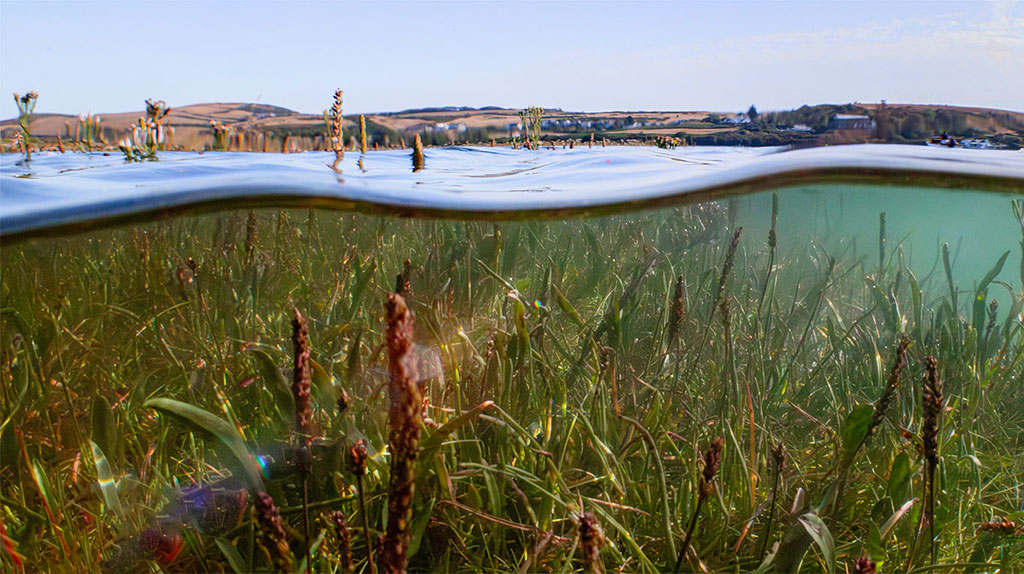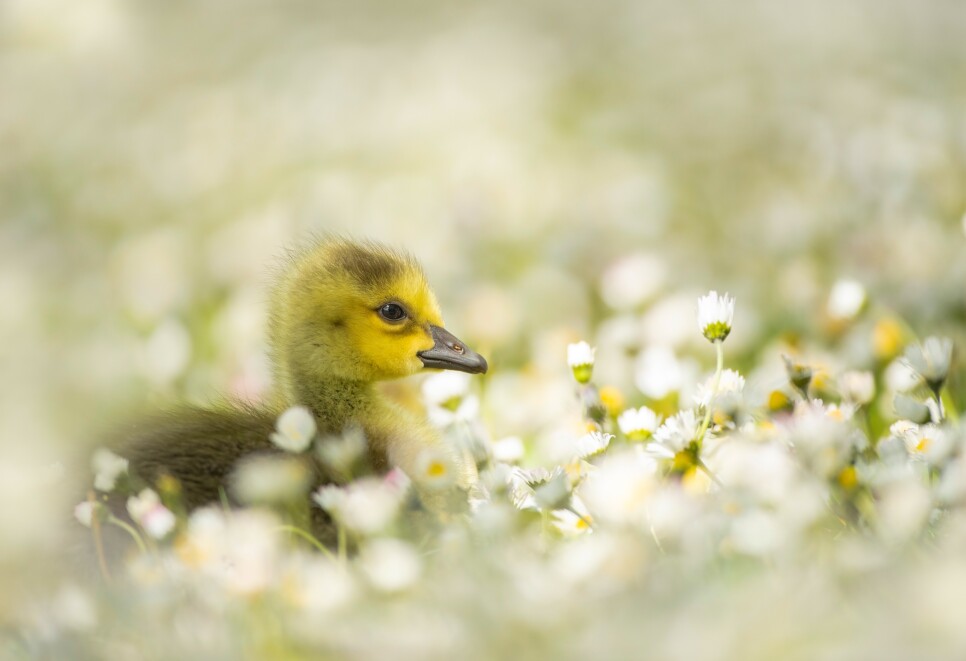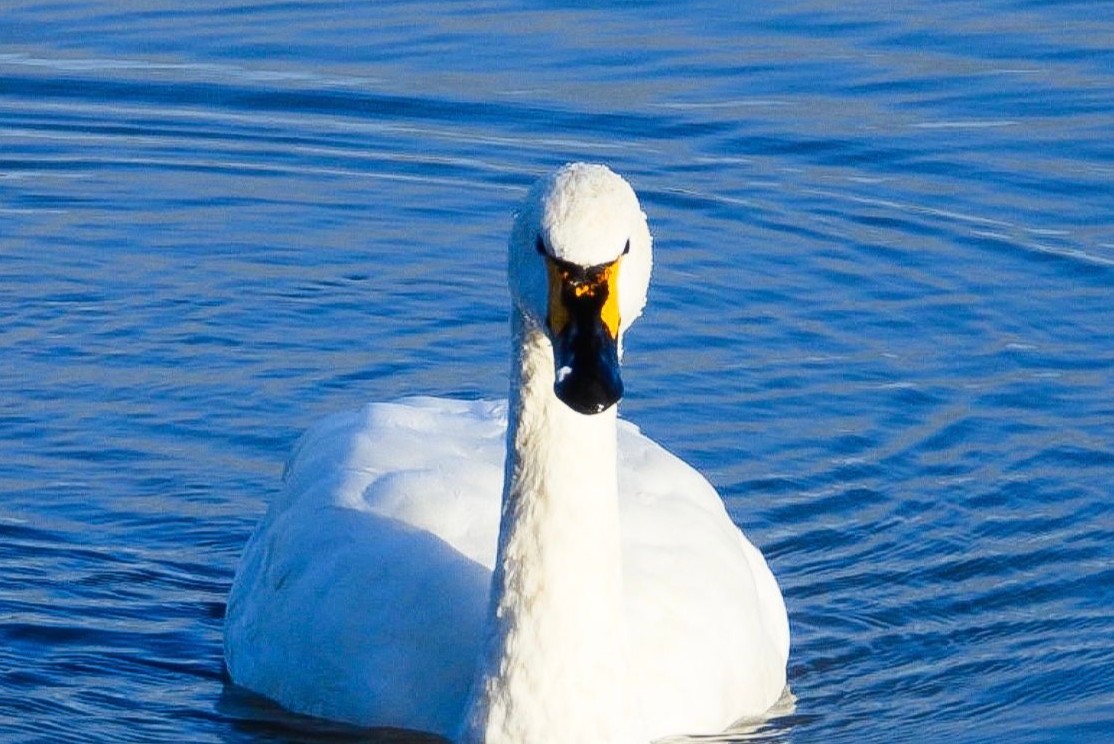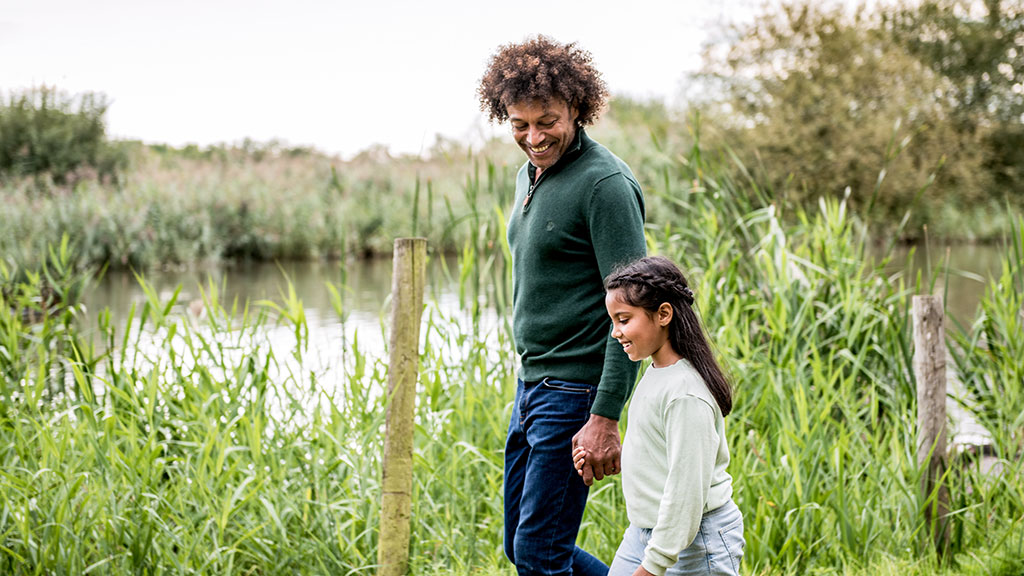Lake Sofia dam construction could prevent imminent ecological collapse
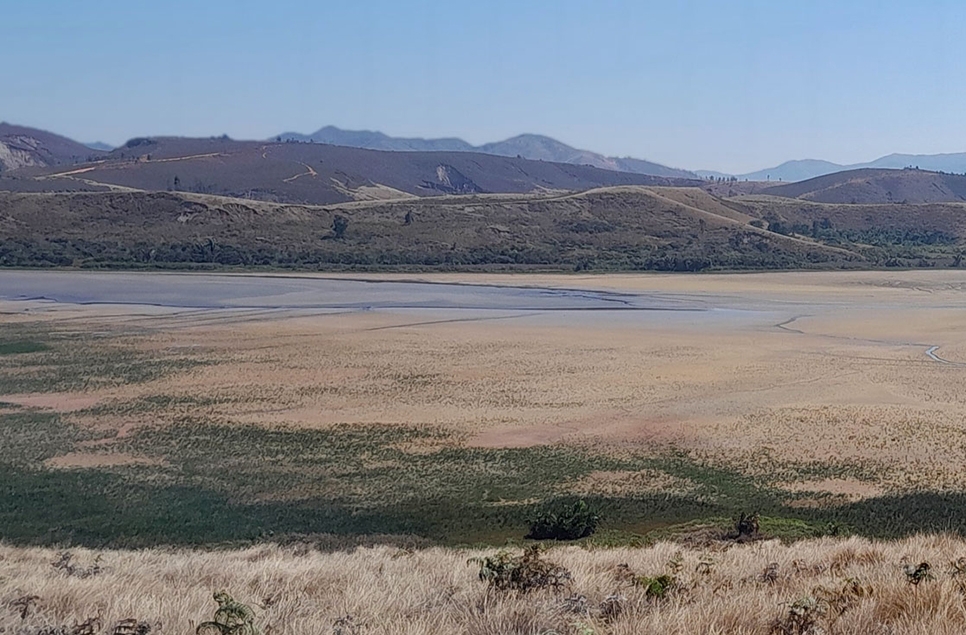
The lives and livelihoods of 10,000 people, as well as the future of a host of unique species, are under threat due to the near collapse of the Lake Sofia ecosystem in Madagascar’s north-west highlands.
Due to catastrophic water loss in recent months, the once thriving freshwater lake covering 1,650 hectares, has been reduced by up to 90%.
Storm damage in January caused a channel leading out of the lake to widen during unseasonably heavy rains. As more water flowed through the channel, the breach became wider and deeper, allowing more water to escape.
The lake itself is now little more than a pond, surrounded by treacherous boggy land. The growth of reeds in this new landscape threatens to prevent the return of water and lead to the lake drying up irreversibly.
Water levels in the region have dropped to the extent that local wells are beginning to run dry, and the remaining water is inaccessible due to the dangerous ground that surrounds it. Local communities also rely on the lake for fish, and it plays a critical role in local spiritual life.
To combat the dire threat to Lake Sofia, WWT, the charity for wetlands and wildlife, have worked with local partners in Madagascar to design a solution – a community-owned dam that will prevent further damage and shore up the lake’s banks.
Initial plans have been drawn up by the WWT Madagascar Team and Durrell Wildlife Conservation Trust for the construction of a dam to cross a 35-metre stretch of ground set back from where the original breach occurred.
The dam will be entirely community owned and provides a low-tech, long-term solution that will protect this vital lake for years to come.
The project is expected to cost in the region of £50,000, which WWT is currently seeking to raise. Funds need to be secured quickly, as construction needs to begin before the start of the rainy season in November to have any hope of restoring the lake to its former state.
Harison Andriambelo, WWT’s Country Manager in Madagascar, said:
"Lake Sofia is more than just a body of water; it supports the livelihoods of thousands of local people as well as irreplaceable and globally important plants, insects, animals and other biological diversity, perhaps most notably the critically endangered Madagascar Pochard. This is the world’s rarest duck, which WWT, Durrell Wildlife Conservation Trust and local partners have successfully recovered from near-extinction and is the species that originally brought us to the lake.
"Delaying construction is not an option. Without our intervention now, the next rainy season could render the channel irreparable and lead to total ecological collapse of the lake. The consequences would be unimaginable."
How you can help
WWT is seeking urgent help to fund the construction of the dam.
Find out more and donate